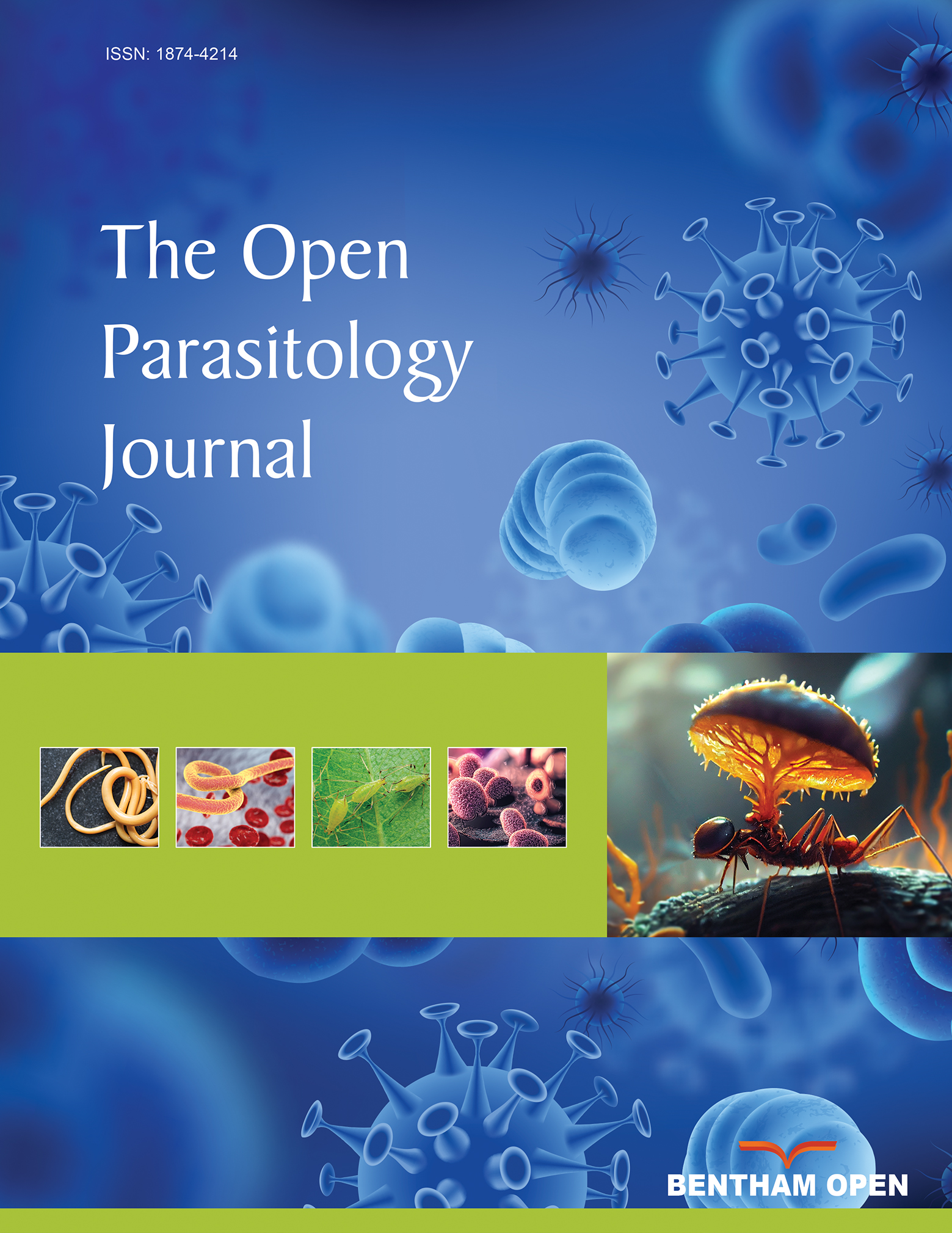Subcellular Proteomics and Global Analysis of Posttranslational Modifications to Study Functional Roles of Trypanosoma cruzi Molecules
Abstract
One century after the discovery of Chagas disease, the treatment for this illness is still based only on two drugs with limited efficacy and severe side effects. In this mini-review, we discuss the application of mass spectrometry (MS)- based proteomic approaches to study the biochemistry and cell biology of etiologic agent of Chagas disease, Trypanosoma cruzi. We focus the discussion in the analysis of subcellular proteomics and posttranslational modifications (PTMs). In recent years, subcellular proteomics has brought new insights into the localization of proteins and possible functions of organelles. Thus far, proteomic analysis of reservosomes, ribosomes, detergent-solubilized membranes, and a preparation of an organelle mixture have been performed. In addition, a number of analyses of PTMs of T. cruzi proteins (i.e., histone modifications, phosphorylation, glycosylation, glycosylphosphatidylinositol (GPI)-anchoring, and nitrosylation) have been successfully carried out. The identification of those and other PTMs combined with cutting-edge biochemical, immunological and cell biology approaches, have allowed a more in-depth understanding of biological and pathophysiological processes resulting from host cell-parasite interactions.


